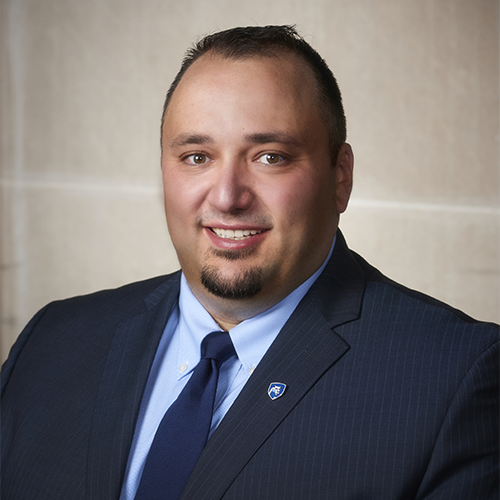RFF Program Instructors
Find a list of instructors, with their bios, for the Residency Faculty Fundamentals Certificate Program.
List of Instructors for Residency Faculty Fundamentals Program


Find a list of instructors, with their bios, for the Residency Faculty Fundamentals Certificate Program.


Be Clear and Specific: Use precise terms and avoid vague words like "it" or "that" without clear references.
Identify the Subject Clearly: Clearly state the subject or area you need information about.
Provide Necessary Details:The STFM AI Assistant has been trained on STFM's business and resources. The AI can only use the information you provide or that it has been trained on.
Clear Chat History When Switching Topics:
If you move to a completely new topic and the chatbot doesn't recognize the change, click the Clear Chat History button and restate your question.Include Background Information: The more context you provide, the better the chatbot can understand and respond to your question.
Break Down Complex Queries: If you have multiple questions, ask them separately.
"What type of membership is best for me?"
Why it's bad: The AI Chat Assistant has no information about your background or needs.
"I'm the chair of the Department of Family Medicine at a major university, and I plan to retire next year. I'd like to stay involved with Family Medicine education. What type of membership is best for me?"
Why it's good: The AI Chat Assistant knows your role, your future plans, and your interest in staying involved, enabling it to provide more relevant advice.
While the AI Chat Assistant is a helpful tool, it can still produce inaccurate or incomplete responses. Always verify critical information with reliable sources or colleagues before taking action.
The Chat Assistant: